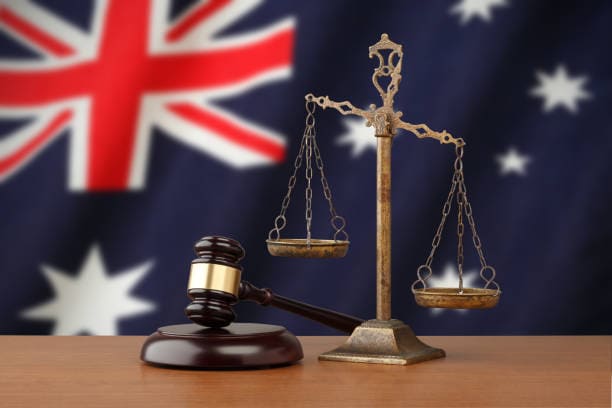If you have the question “does Australia have a Bill of Rights”, it is first important to know what exactly is a bill of rights. Bill of Rights, or declaration of rights, generally includes a list of most fundament rights that citizens of a country have. The purpose of a bill of rights is to ensure that the rights of citizens are protected from being violated by individuals or the state. Most democracies such as the United States and Canada have a Bill of Rights. So, does Australia have a Bill of rights?
Does Australia Have a Bill of Rights?
Australia does not actually have a Bill of rights. It does, however, have protection for human rights of citizens in the Constitution. Specifically, there are 5 individual rights in the Constitution of Australia. These are:
- The right to a trial by jury (Section 80)
- Freedom of religion (Section 116)
- Prohibition of discrimination on the basis of state of residency (Section 117)
- Protection against acquisition of property on unjust terms (Section 51)
- Right to vote (Section 41)
Does Australia Need a Bill of Rights?
There are arguments as to why Australia needs a Bill of Rights. According to an article published by UNSW, there are a couple reasons why Australia needs a bill of rights. For instance, the Bill of rights encourages the protection of citizen’s because their rights are clearly laid out. Moreover, there are rights such as the right to speech that are not adequately protected in Australia. A bill of rights can include such rights.
Most importantly, a bill of rights offers protections against human rights abuses. This has especially been a point of concern when it comes to immigration detention centres in Australia.
Proponents of a Bill of Rights argue that it would provide a clear and unified framework for safeguarding fundamental liberties. They believe that such a document could enhance legal clarity, ensure consistency in the protection of rights, and serve as a foundational reference point for judicial decisions.
On the other hand, opponents argue that Australia’s current system, including parliamentary sovereignty and legal traditions inherited from the United Kingdom, adequately protects individual rights. They argue that a Bill of Rights might shift power from elected representatives to unelected judges, potentially leading to judicial activism and interfering with the democratic process.
Australia has taken steps toward recognising and protecting human rights through legislation such as the Australian Human Rights Commission Act 1986. Additionally, international treaties like the International Covenant on Civil and Political Rights have influenced Australian law. However, these measures fall short of a comprehensive Bill of Rights.
As we have seen, the question of whether Australia needs a Bill of Rights is a matter of ongoing discussion and consideration. It involves weighing the benefits of a more explicit and centralised protection of rights against concerns about potential legal and political implications. The debate reflects broader conversations about the balance between individual rights and democratic governance in the Australian context.

Countries That Have a Bill of Rights
Several countries around the world have a Bill of Rights or a similar constitutional document that outlines fundamental rights and freedoms. Here are a few examples:
- United States: The United States has the Bill of Rights, which consists of the first ten amendments to the U.S. Constitution. It guarantees essential rights such as freedom of speech, religion, and the right to a fair trial.
- Canada: Canada has the Canadian Charter of Rights and Freedoms, which is part of the Constitution Act, 1982. It protects rights and freedoms such as equality rights, freedom of expression, and the right to life, liberty, and security.
- United Kingdom: While the UK does not have a single constitutional document called a Bill of Rights, it has the Human Rights Act 1998, which incorporates the European Convention on Human Rights into UK law. It protects fundamental rights and freedoms.
- South Africa: The South African Bill of Rights is enshrined in the country’s post-apartheid constitution. It includes a wide range of rights, including the right to equality, human dignity, and access to healthcare.
- India: India’s Constitution includes the Fundamental Rights as part of Part III. These rights guarantee individual liberties such as freedom of speech, equality before the law, and protection against discrimination.
These documents vary in scope and content, but they all aim to protect and uphold fundamental human rights within their respective countries. If you have any legal enquiries, do not hesitate to reach out to our experience and friendly lawyers.
Seeking Legal Advice
Our legal team has the experience of dealing with a variety of matters across all legal areas such as: property law, family law, criminal law, civil law, immigration law, employment law and commercial litigation among others.
If you have any enquires, do not hesitate to reach out to us.
Contact us today.
